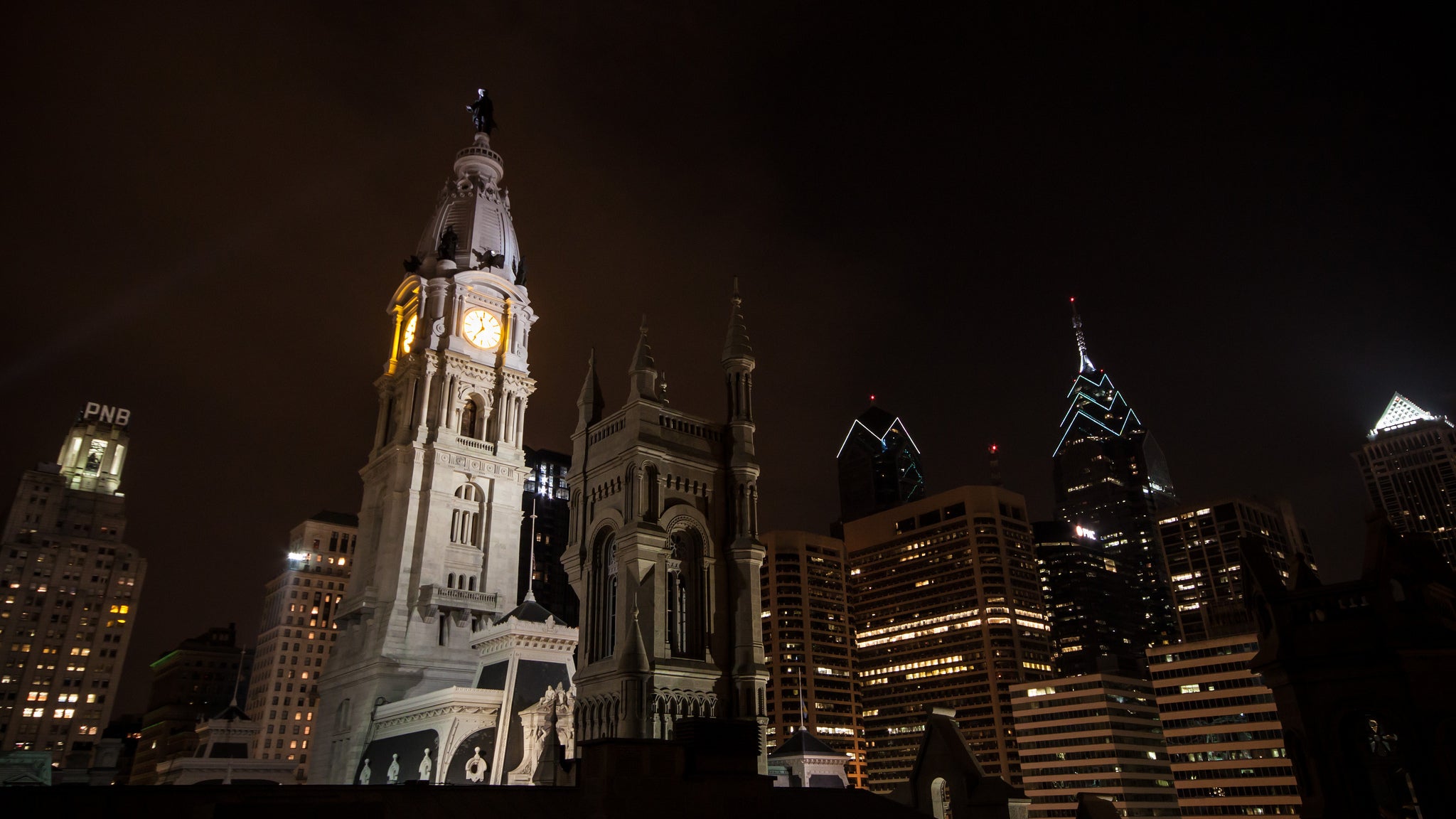Three big things we learned from Pew’s report on Councilmanic prerogative

This week, the Pew Charitable Trusts released a report detailing the history and impacts of a political tradition known locally as Councilmanic prerogative. The term refers to a practice, which isn’t codified in any laws, wherein City Council members routinely surrender their decision-making power to the local district representative when considering measures that primarily impact one particular area of the city.
Pew undertook this report, in partnership with PlanPhilly, at a time when there’s been increasing chatter in the press and political circles about prerogative: How is it used? What are its consequences? Why does Council seem to be so keen on unanimity?
The report was written by Patrick Kerkstra, with an assist from me and an assist from Casey Thomas, a data analyst who works with Azavea. You should read the whole thing. It has a wealth of important information not just about prerogative but also about Philly’s vacant-land problem, the development process, and local politics.
In the meantime, here are a few things I took away from the report.
Prerogative is real, and it’s powerful
Since 2008, only one out of more than 1,300 bills has been defeated in a City Council vote. Of the 730 bills that were called for a vote that involved Councilmanic prerogative—zoning amendments or bills related to particular land-use actions—726 of them passed without any opposition. Only six times in the last seven years has a Council member voted against a land-use-related bill that was supported by the district Councilperson.
Six nay votes. More than 12,000 ayes.
From the report: “As a rule, council tends to work out its differences over most legislation in committees, and controversial bills often are pulled or substantially modified before making it to the floor for a vote. … Even by that standard, the unanimity of council votes on prerogative bills is striking.”
Prerogative is often wielded in secret, too. The public doesn’t get to see when a Council member agrees to introduce a zoning amendment for a development, or put a hold on a piece of public property. And because those decisions gain the support of the rest of Council as a matter of course, Council members don’t usually have to explain or even acknowledge their decisions publicly.
Vacant-land disposition is slow, but Council isn’t the biggest obstacle
There are about as many ways to unload vacant, city-owned land as there are public agencies that hold it. Each of these processes involves some sort of clearance, formal or informal, by the district Councilperson.
Councilmembers often exercise that discretion over what to sell and what to hold onto out of the public view, which has caused some people to wonder whether Council itself is primarily responsible for the slow pace of surplus land sales. The Pew report can probably put that theory to rest. We found that Councilmanic “holds” on city-owned property—the recorded ones, at least—are fairly rare. Council President Darrell Clarke has far and away the most, with 49 holds on properties in the 5th District.
What’s more, the data show that sales of city-owned land are delayed long after Council approves them. Of the 1,150 sales authorized by Council since 2008, only half have actually sold. It took an average of 316 days for properties to actually change hands after Council’s authorization. Some properties sit there for years. In other words, sometimes bureaucracy is slow moving.
It’s unique, but only in scope
In talking with reporters and planning officials in other cities, we learned that the idea of prerogative—that legislators tend to defer to local representatives on issues that affect their constituents the most—is not an anomaly. Of course legislators do this everywhere; in many cases, it’s common sense.
But local decisions have citywide impacts too, and what makes Philadelphia’s prerogative tradition unique is that the district Council member’s autonomy is virtually never challenged.
This manifests in sometimes bizarre ways. A few years ago, City Council voted to support a ban on new medical offices (a backdoor ban on methadone clinics) in Northeast Philly’s 6th and 10th Councilmanic districts because it was introduced and supported by the Councilmen who represent those areas. Around that time, Councilman Curtis Jones told me he trusted those Councilmen to know what was best for their constituents. But think about the outcome: no new methadone clinics in the Northeast means new clinics have to be placed elsewhere else across the city. Out of deference for their colleagues, district Councilmembers essentially voted for more of these uses, which tend to piss off their most vocal constituents, in their own backyards.
City councils in other places have less total control over land use, and in many places council members will override a local representative when the decision at hand has measurable citywide impacts, either benefits withheld or detriments imposed.
WHYY is your source for fact-based, in-depth journalism and information. As a nonprofit organization, we rely on financial support from readers like you. Please give today.






